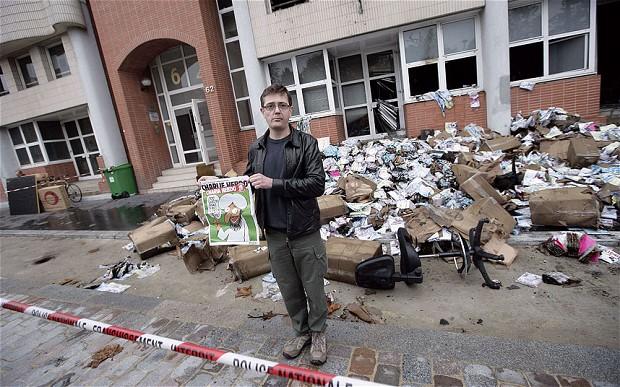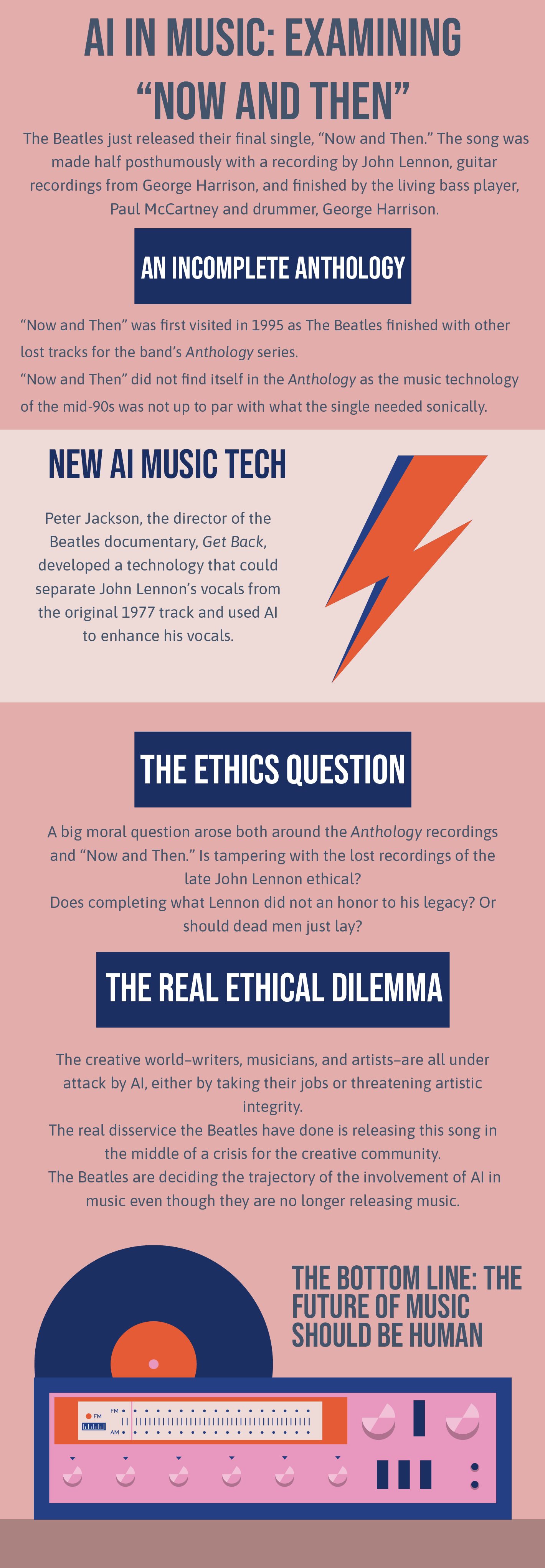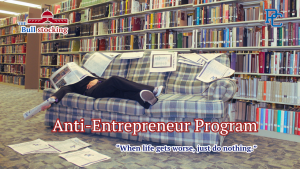Charlie Hebdo Shooting
January 17, 2015
On the morning of January 7, two brothers, armed gunmen trained by al Qaeda, entered the offices of Charlie Hebdo, a popular French satirical magazine, and killed 12 people. The magazine was known for its often controversial political and religious commentary which they depicted through cartoons. The attackers called for their victims by name during the shooting and when they finished they shouted Islamic incantations of how they had avenged the Prophet Mohammad and that Allah is great.
A series of violent encounters between French authorities and the two brothers followed the Charlie Hebdo shooting, eventually leading to their death. What the French people are now being faced with is what these attacks mean for the future of France and what the appropriate response to these attacks might be.
After speaking with PC French exchange student Sylvain Courbon, he explained that some citizens believe stricter immigration laws would be helpful in detecting radical insurgents trying to enter the EU. However, the two brothers were already known criminals in the US and abroad, which shows simply knowing, is not enough. Other citizens feel that Charlie Hebdo brought the violence upon themselves for mocking other people’s religion. But this falls short as well, because the French do not allow the infringement of freedom of the press. No one deserves to die for simply drawing a picture of the Prophet Mohammad.
The attack goes much deeper than immigration laws or the press going too far in their work. France must now face the threat that radicalism has been posing on other countries for some time now. France cannot retreat or take a xenophobic turn to conservative, or adopt racially discriminating policies to limit foreign immigration. Courbon feels that to do so would be risky, and instead was quick to note that it is not all Muslims in France that are to blame for the attacks. It is not even Islam that is to blame; although the attackers used it to justify their actions, it is the fact that they were extremists and radicalized that caused the attack. This increased radical extremism is the problem and what France must address.
But, there is hope. Courbon’s comment comes in the wake of a country with one of the highest Muslim immigrant populations in Europe and where the government has legally banned the public display of religious attire or head coverings. France has had to deal with the social tension between religious minority groups and the majority French population for many years but has yet to face this growing trend of religious extremism and terrorism. Even with the social tension created in the aftermath of the attacks, many of the memorial services and marches in France have had citizens of all backgrounds coming to show support. Courbon believes that the Charlie Hebdo will unite the country and bring its citizens closer together.
Article co-authored by Meredith Morgan and Blake Roberts






